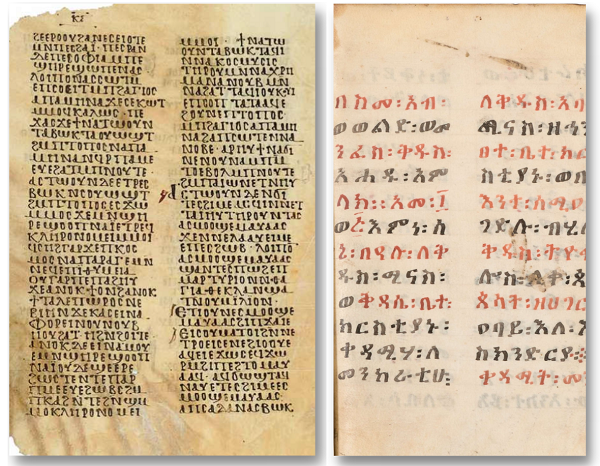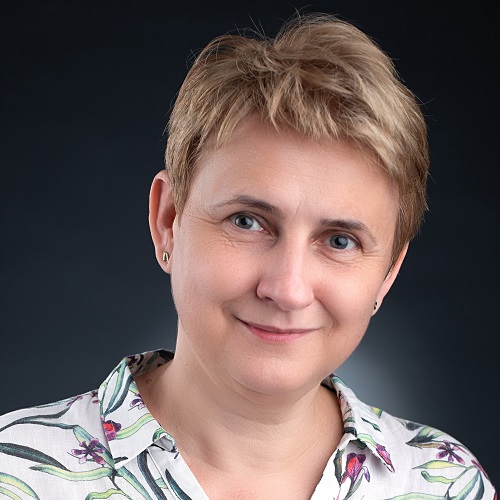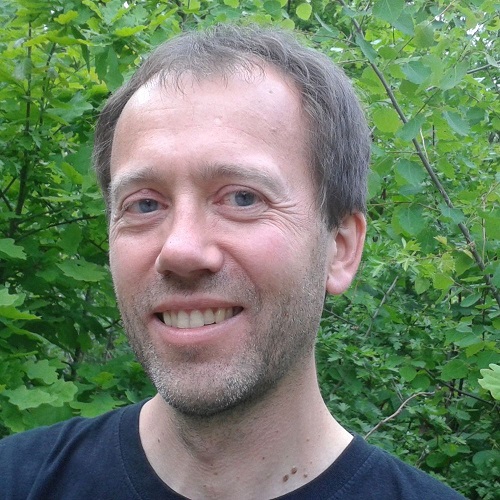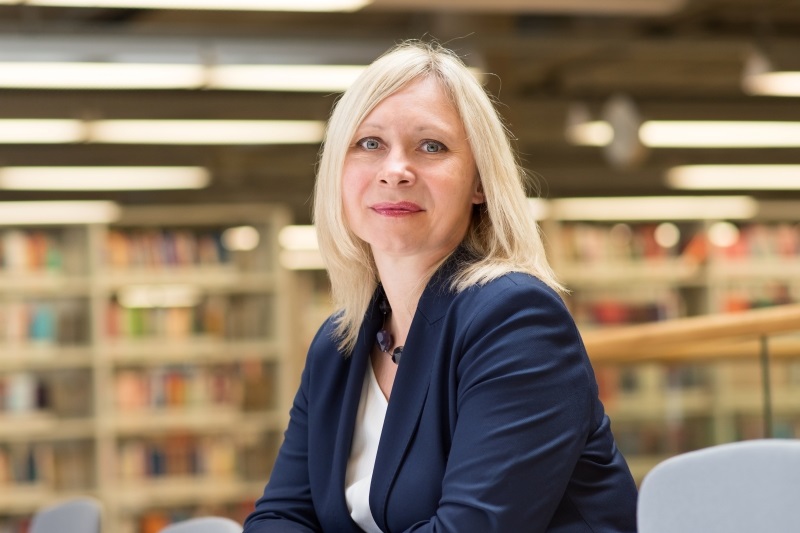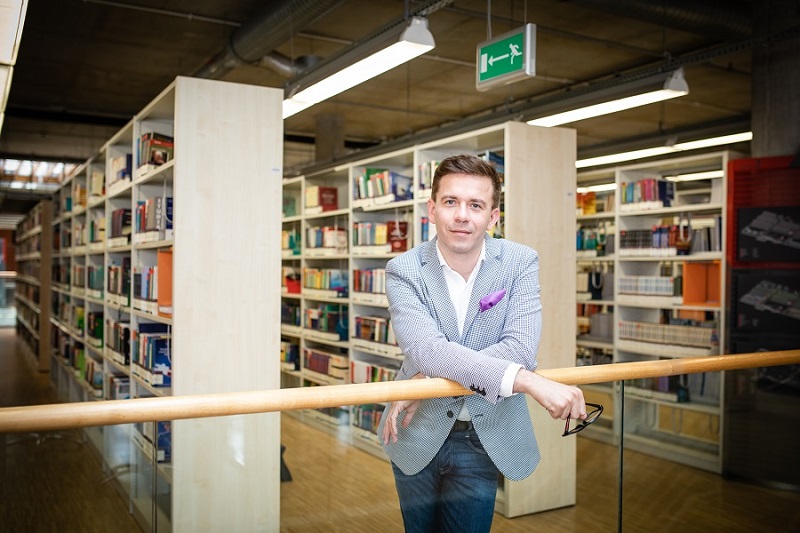We believe in the power of critical and creative thinking
The mission of the Faculty of Humanities is to conduct research in accordance with the highest international standards. The scope of our research is defined by six disciplines: literary studies, linguistics, history, philosophy, culture studies, and arts studies. The basic assumptions of our research are informed by interdisciplinarity, abolishing caesuras and blurring boundaries between disciplines. The same assumptions underlie instruction within the Faculty of Humanities. We use cutting-edge teaching methods and place emphasis on shaping our students’ critical reflection on social and political changes that are taking place in the contemporary world.
| PHILOSOPHY · CULTURE AND RELIGION STUDIES · LITERARY STUDIES · LINGUISTICS · HISTORY · ARTS STUDIES |
Faculty of Humanities
of the University of Silesia in Katowice
invites humanists from all over the world
to partner with us.
contact: wh@us.edu.pl
Faculty of Humanities
of the University of Silesia in Katowice invites humanists from all over the world to partner with us.
contact: wh@us.edu.pl
Our Research
Pioneering Research
Our researchers conduct pioneering research in topics such as Technologies of Love and Across Centuries, Languages, and Cultures: The Miracles of Saint Menas as a Historical Source, Literary Composition and Liturgical Text
photo by Ania Malinowska
photo by Przemysław Piwowarczyk
ACROSS CENTURIES, LANGUAGES, AND CULTURES…
Przemysław Piwowarczyk, PhD
e-mail: przemyslaw.piwowarczyk@us.edu.pl
12 short films
We invite you to watch twelve short films with animated elements in which sixteen scientists talk about their research conducted individually or in teams at the Faculty of Humanities of the University of Silesia in Katowice
Popular Science
No Limits, a popular science journal at the University of Silesia in Katowice, as well as the “Research” section on the main website and the Gazeta Uniwersytecka UŚ journal, have been developed to popularise researchers and their projects both in Poland and abroad. There, you will find articles that present researchers from the Faculty of Humanities
The Research Excellence Initiative
The Research Excellence Initiative is the University of Silesia programme dedicated to our staff, students and doctoral students. It opens funding opportunities for scientific research, publications, training and courses, software, trips, internships and purchase of key scientific, teaching and research infrastructure.
This section presents the article of the programme’s beneficiaries representing the Faculty of Humanities.
The Silesian Science Festival KATOWICE
Over the past five years, the Silesian Science Festival KATOWICE (ŚFN) has become one of Poland’s and Europe’s largest popular science events. Our aim is to convince people of any age of the value of communicating through knowledge and science; we want our guests to actively participate in shows, experiments, lectures, and talks. The key role is played by scientists from Silesian universities, most of all from the University of Silesia in Katowice.
Katarzyna Węsierska, PhD, DLitt, Associate Professor
The Silesian Science Festival is an exceptional event. It has twice allowed me to show how attitudes towards stuttering can be changed.
In 2020, together with Speech-Language Therapy students, we demonstrated how InterACT – Attitude Change & Tolerance Program was adopted and implemented in Poland. We shared our knowledge and experience of studying stuttering with the festival audience, along with the ways it can be disseminated among young children so that they can support their peers who stutter. The following year, we presented the project Bullying – we will not tolerate it! This time we introduced the idea of anti-discrimination webinars for children who stutter and their parents, siblings, friends, and even their teachers.
Krzysztof Wieczorek, PhD, DLitt, Associate Professor
We live in a world where the Internet gives us almost unlimited access to a vast amount of information, which, apart from unquestionable benefits, also raises serious problems. In addition to important and valuable news, we receive a lot of “informational rubbish”: fakenews, manipulated facts, and propaganda messages. To navigate effectively and make good decisions in such a world, we need some protection against this unwanted and harmful influence – protection similar to that provided by antivirus software for our computers. We have to install a “mental antivirus” in our head, that is, learn to think critically. How to do it? I attempted to explain this during my lecture at the Silesian Science Festival.
Transform4Europe European university
The University of Silesia in Katowice, together with six universities from abroad, forms a prestigious European University as part of the Transform4Europe alliance. The universities conduct joint scientific research at the highest level and educate young people within international study programmes. They will also create a joint multilingual campus to take care of the future of their home regions, countries and entire Europe.








